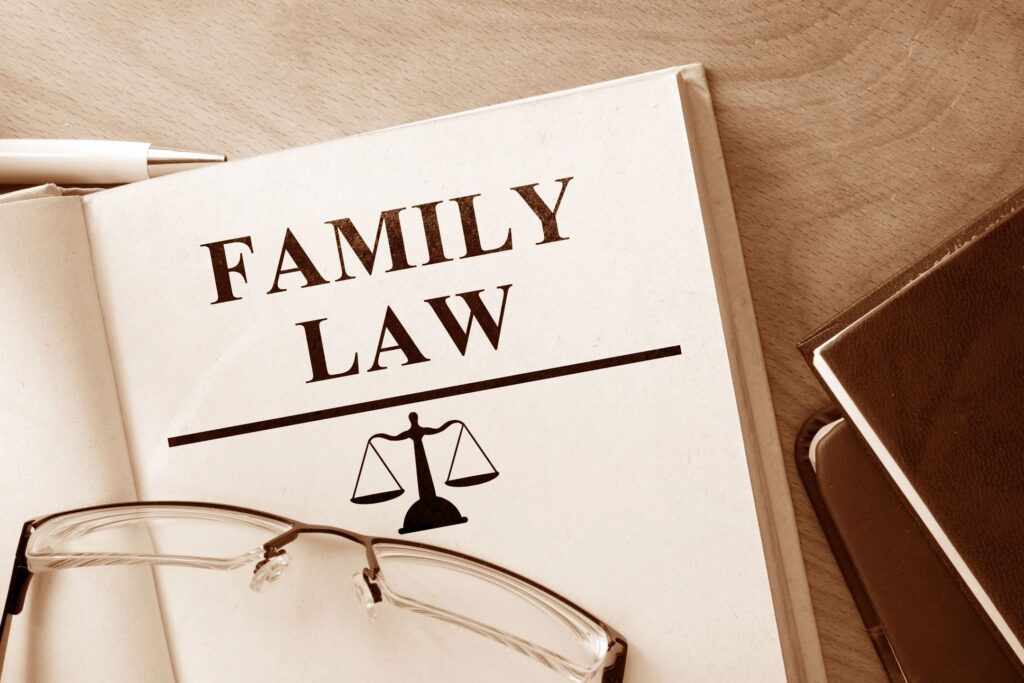Divorce mediation is when a neutral third party helps people who are getting divorced come to an agreement. In simpler terms, it’s when someone who’s unbiased steps in to help both parties talk things through and find common ground. Typically, the mediator meets with both people in person at a time that works for everyone to discuss the divorce terms.
Not an Arbitrator
A lot of people mix up mediators with arbitrators. A mediator helps the couple negotiate a settlement but does not have the power to make decisions for them. In contrast, an arbitrator does make decisions to resolve disputes.
Who Can Be a Mediator?
Most of the time, any unbiased person can serve as a divorce mediator. In Washington State, there’s no requirement for mediators to have special training or to be paid for their services. Some people even prefer to have an unpaid religious leader, like a pastor or rabbi, act as their mediator instead of a professional.
Who Are the Best Mediators?
The most effective mediators are usually trained professionals with solid backgrounds in divorce law, often experienced lawyers or retired judges. This insight comes from our firm’s honest opinion, and at the time of writing this, we had no financial connections to any mediators.
If you’re looking for impartial advice on picking a mediator, check out our firm’s article about the top mediators in Snohomish County. If you’re outside that area, you can reach out to a local law office for recommendations.
Is Mediation Required in Washington?
State law doesn’t force divorcing couples to mediate, but it encourages it. Some counties, like Snohomish and King, do have local rules that require mediation in most family law cases, including divorces. You can find the local rules for each county by following the link we provided.
Waiving the Mediation Requirement
In counties where mediation is required, you can get a waiver if necessary. To do this, one party must request a waiver through a motion and receive a court order that agrees to the waiver.
The most common situation for a waiver is when there’s a history of domestic violence. In these cases, the dynamic between the victim and the abuser can make negotiations tough, even when they aren’t directly interacting. As explained in a Gonzaga law review article:
Mediators often won’t handle domestic violence cases because they assume both parties have equal negotiating power, which isn’t the case when one person is more controlled or less independent than the other. A victim might agree to anything during mediation just to avoid conflict with their abuser.
Shuttle Approach
Most professional mediators use a method called the shuttle approach. This means each party stays in separate rooms (and can have their attorney with them) while the mediator moves back and forth between them with offers for settlement.
This method is preferred because it keeps conversations private and reduces conflict. The real advantage is that the mediator can share their views on each party’s case without the other hearing it. For example, the mediator can explain to the husband the weaknesses in his case and then separately tell the wife the weaknesses in hers. When each party sees their own vulnerabilities, they’re more likely to reconsider their positions and settle.
Length of Mediation
Typically, longer mediation sessions result in a higher chance of settling. If you want to increase your chances of reaching an agreement, consider scheduling a full day (around eight hours) for mediation instead of just a partial day. Many mediators have shifted to starting meetings later in the day, like at 10 a.m., but starting at 9 a.m. can make a difference in settling.
When to Mediate (the “Golden Window”)
The best time to mediate seems to be about four to eight weeks before a trial; we call this the “golden window.” Mediation during this time period has a higher success rate—over 90% compared to about 50% when scheduled outside of this window.
The fear of going to trial seems to motivate parties to settle more during this time. Before this window, the trial feels far off and less scary. After this window, the parties have likely already paid substantial fees to their attorneys and started preparing for trial, which can also lessen the fear of it.
Since you usually only have one chance at mediation in each case, we recommend making it count by scheduling at the right time!
Who Pays for Mediation?
Usually, both parties split the mediator’s fees equally unless there’s a court order or another agreement that states otherwise. Each party also pays for their own attorney’s fees.
Are Attorneys Necessary?
While you don’t need an attorney at mediation, having one is common. Mediation often involves offers and counteroffers between the parties, so without an attorney, it can be harder to figure out what to propose and how to respond.
Mediation Materials
Before mediation, both parties usually send their materials to the mediator and the other party a day or two in advance. This typically includes a mediation letter that outlines each of the outstanding issues, and suggested settlement terms.


